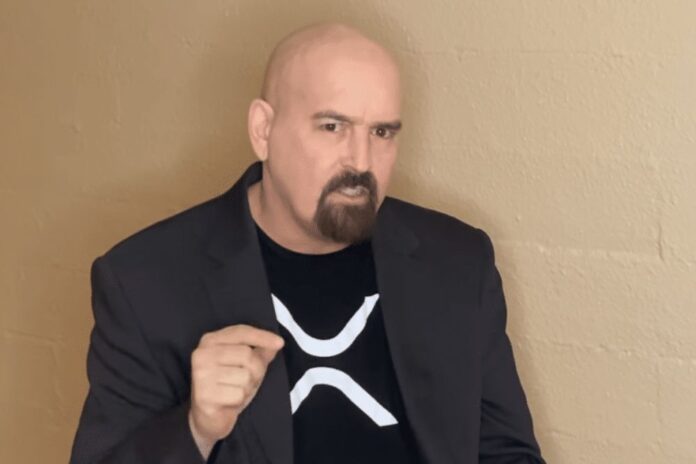John Deaton, the lawyer representing over 75,000 holders in the Ripple-SEC lawsuit, has offered insights into the potential outcome if the Second Circuit were to overturn Ripple and XRP’s recent legal victory. He suggests that Judge Analisa Torres could still arrive at the same result by considering other factors in the Howey Test.
“THE TORRES DOCTRINE” AS IT HAS BEEN CALLED IS SIMPLY A STRICT APPLICATION OF A 1946 TEST TO MODERN DAY BLOCKCHAIN TECHNOLOGY.
Judge Torres did a strict application of the Howey Test to each type of #XRP sale the SEC claimed violated the law. https://t.co/bqel8bGIMK
— John E Deaton (@JohnEDeaton1) July 19, 2023
Read Also: Attorney John Deaton is Confident Ripple and XRP Victory Will Not Be Revoked. Here’s why
The Howey Test is a crucial legal assessment in the United States that determines whether a transaction qualifies as a security. Attorney Deaton highlights the Supreme Court’s clear stance on focusing on the satisfaction of the Howey Test when determining whether a transaction constitutes an investment contract.
In line with this, Deaton emphasizes that the application of the Howey factors is what matters in determining an investment contract. According to the pro-XRP attorney, Judge Torres ruled that Ripple’s sales of XRP to institutional investors met all the requirements of the Howey Test, while programmatic sales on exchanges did not.
Deaton further notes that the Securities and Exchange Commission (SEC) claims that Howey provides relevant information to industry participants in determining whether a token is a security. In the Ripple case, the judge applied the test to the undisputed facts, without considering the level of sophistication of the buyers.
According to Howey, it is “immaterial” whether the asset or enterprise (ie XRP) is speculative or non-speculative. According to Howey, it is “immaterial” whether the asset itself has intrinsic value or not. ALL that matters is the application of the Howey factors. HARD STOP!
— John E Deaton (@JohnEDeaton1) July 19, 2023
Deaton’s comments follow criticisms of Judge Torres’ ruling, with some securities lawyers finding inconsistencies in her decision regarding Ripple’s XRP sales. There is speculation that this decision may be overturned on appeal.
Addressing these speculations, Deaton suggests that if the SEC successfully challenges Judge Torres’ decision in the Second Circuit, the case would be sent back to her for further action.
Read Also: John Deaton: Thousands of Investors Bought XRP With Zero Knowledge about Ripple
In such a scenario, if the Second Circuit reverses her decision on the expectation of profit prong of the Howey Test, Deaton believes she could rule that the common enterprise factor is not satisfied between XRP holders and Ripple Labs. The issue of common enterprise holds significant importance for the SEC in this case, as previously highlighted by Attorney Deaton.
Additionally, Deaton speculates that Judge Torres could present the issue of consumptive intent to a jury. By considering the first two factors of the Howey Test, he suggests that Judge Torres could potentially reach the same outcome as before.
In conclusion, Deaton commends Judge Torres for her handling of the case, asserting that the SEC ultimately lost. The outcome will undoubtedly be watched closely as the legal battle continues.
Follow us on Twitter, Facebook, Telegram, and Google News



